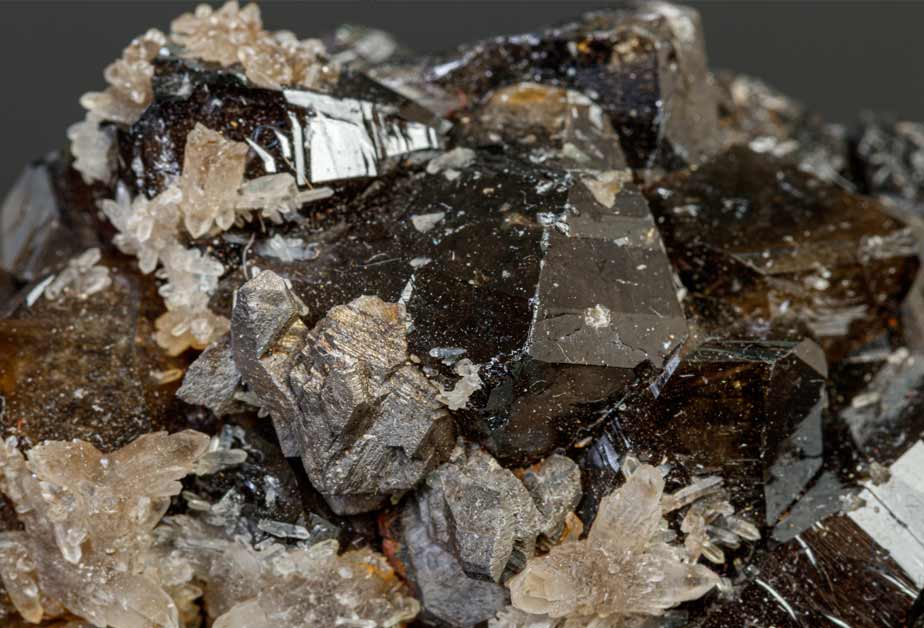On December 17, 2020, the European Commission published the Indicative, non-exhaustive list of Conflict-Affected and High-Risk Areas under Regulation (EU) 2017/821. It greatly expands the list of regions companies should prioritize for due diligence, due to known existing human rights issues.
The list includes 208 regions from 27 countries. This ensures that companies view responsible minerals as a global issue, not only as an EU market access requirement. It also requires them to perform expanded due diligence for minerals produced from high-risk suppliers, including gold, tin, tungsten, and tantalum (3TGs).
With the European Union (EU) Conflict Minerals Regulation coming into effect in January 2021, compliance and procurement professionals have a lot of data to evaluate to determine if suppliers impacted by this list present a risk to their business.
Many of them might need to perform much more supplier engagement in order to acquire the missing data they need to properly identify this risk.
Even companies that don’t place products on the EU market are expanding their responsible minerals programs to include these conflict areas in order to navigate the brand risk that will now be associated with sourcing from the regions. Enterprise companies with the most resources will likely start engaging their suppliers, which will spur industry adoption.
Identify high-risk minerals suppliers in your supply chain with Assent’s Responsible Minerals — Conflict Minerals Solution.
Building the CAHRAs List
The European Commission worked with RAND Europe to produce a methodology for producing and updating the list relevant to Regulation 2017/821 (the EU Conflict Minerals Regulation). The research looked at the legislation, project documentation, and stakeholder comments to create a management system, not unlike those created for key product compliance legislation that updates on an annual cadence. According to the European Commission website, the methodology’s development was built based on the following actions:
- Identification of factors, drivers, and metrics pertaining to conflict, governance, human rights, and commodities relevant to Regulation 2017/821.
- Identification of data sources to collect and monitor data required to produce a robust assessment of conflict-affected and high-risk areas (CAHRAs) under Regulation 2017/821. For a complete overview of all data sources leveraged to produce this list, please refer to the Databases and Information Sources page.
- Development of a methodology workflow and analytical approach to produce an indicative, non-exhaustive, and regularly updated list of CAHRAs under Regulation 2017/821.
The European Commission also stated that they wished for the methodology to be built with a global focus, so all companies can consider using it as a guide when prioritizing their due diligence efforts.
Get a preemptive look at the origin of your minerals by leveraging cross-topical insights from Assent’s Country of Origin Solution.
Platform Technology & Your Supply Chain
Today, digital transformation in data acquisition processes is a key success indicator for responsible minerals due diligence. While many companies are performing this engagement to ensure vendors honor supplier code of conduct agreements, many programs are not currently prioritizing a number of the sources identified in the CAHRA list. It could also lead to changes in smelter conformant status, which might cause you to evaluate more suppliers.
The Assent Compliance Platform will automate your engagements across your entire supplier base and update your risk evaluation processes to take the new CAHRAs into consideration. In accordance with the OECD Due Diligence Guidance for Responsible Supply Chains, we will also scope your supply chain to determine which sources in these regions are the highest risk, greatly reducing the cost of your supplier engagement.
For more information about how Assent can help you maintain your brand and global sales, even as your requirements expand, contact us today.







